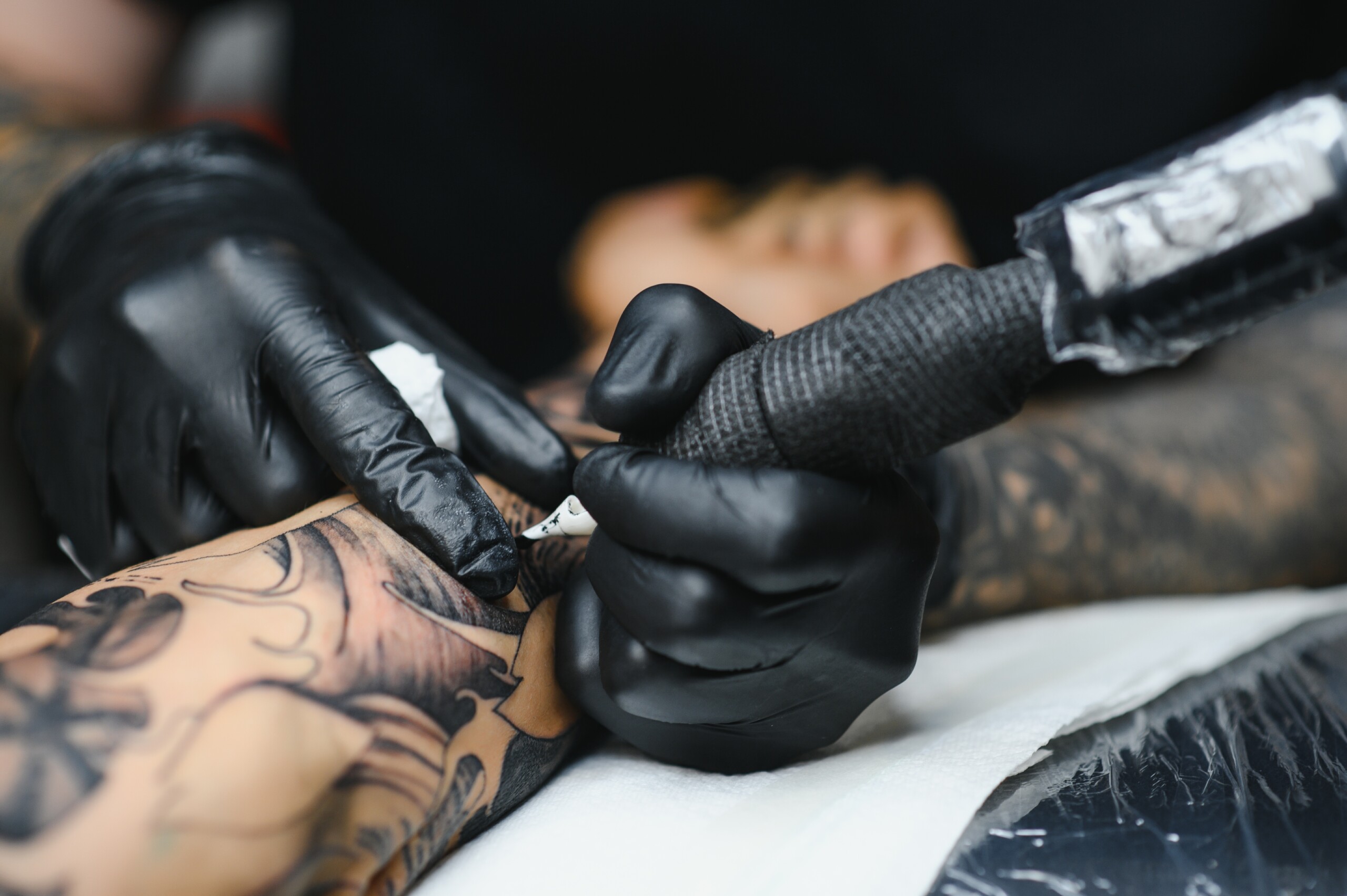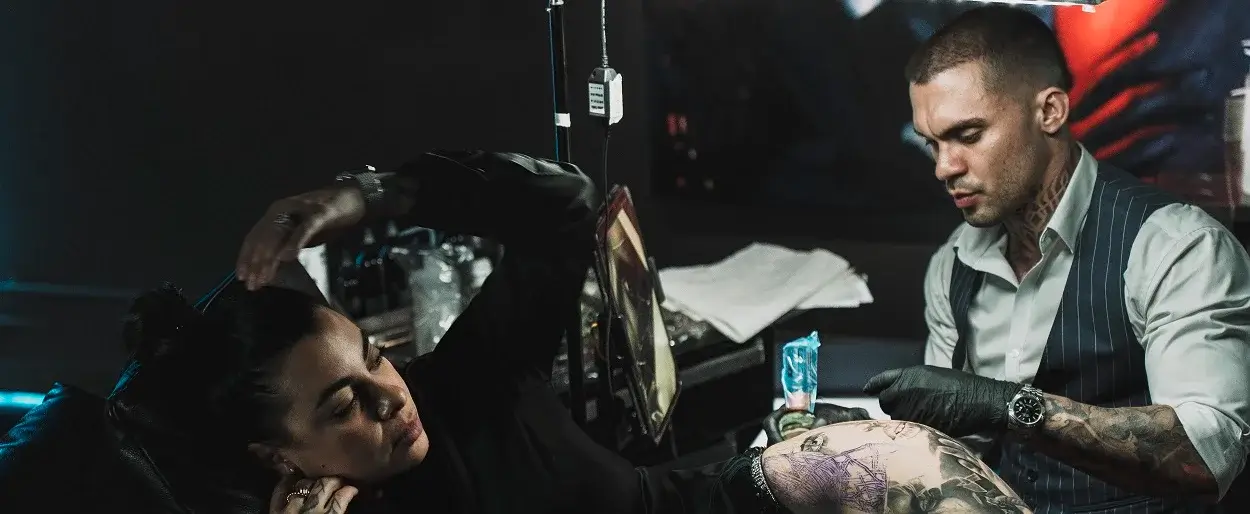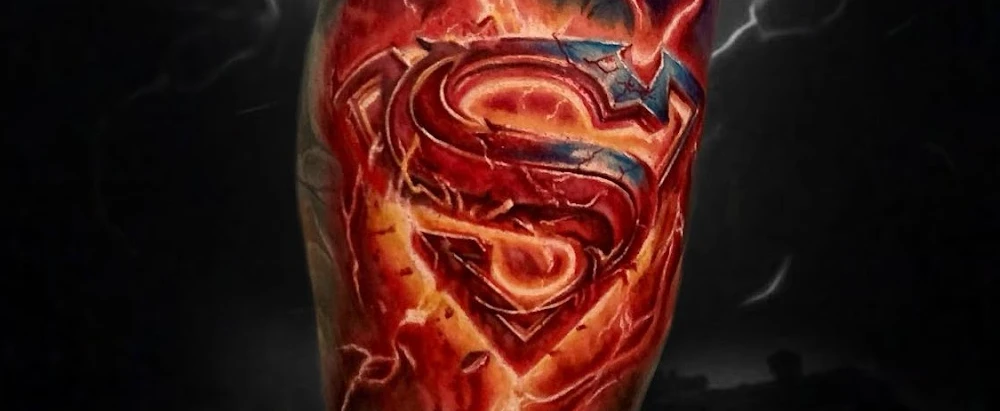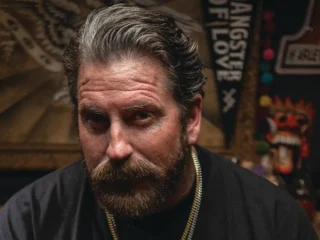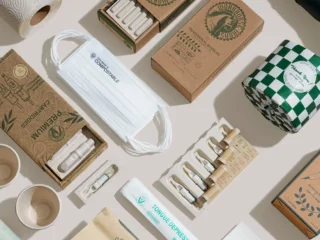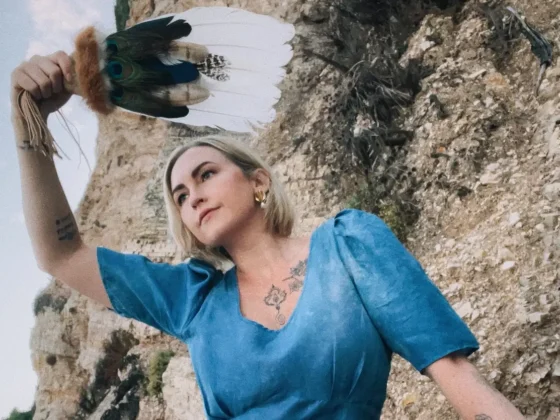Inked Mag Staff
May 5th, 2025
Tattoo Insurance Mistakes Artists Still Make
Many tattoo artists know they need insurance, but too many still rely on generic policies that fail to cover critical risks.
Insurance isn’t exactly a foreign concept to tattoo artists and shop owners—most know it’s something they should have. But the real issue isn’t whether insurance is on their radar; it’s whether they have the right kind. Too often, artists rely on generic policies that don’t actually protect them where it counts—like allergic reactions, convention coverage, or professional liability claims that can threaten their business overnight.
That’s where specialized tattoo insurance comes in.
We’ve all heard the horror stories: a client has a bad reaction and decides to sue, a booth gets robbed at a convention, or a pipe bursts overnight and ruins your gear. Suddenly, you’re not just an artist anymore—you’re in financial survival mode.
And yet, many insurance providers still treat tattooing like some fringe hobby or bundle it in with medical spas and beauty clinics. That’s part of what makes specialized coverage so critical. Some companies—like InkShopGuard, for example—have taken the time to actually understand the culture, risks, and working realities of the tattoo world.
Coverage That Speaks Your Language
When it comes to protecting your shop and your artistry, one-size-fits-all insurance just doesn’t cut it. That’s why more artists are turning to providers who build policies with tattooing in mind—policies created specifically for professionals, by people who’ve spent time in the chair and understand what’s at stake.
Take these examples:
Worldwide Liability Insurance – Perfect for artists who travel internationally for conventions or guest spots. This policy protects you against liability claims no matter where you’re working, giving you peace of mind while you focus on your craft.
Communicable Disease Coverage – Covers claims related to potential infections, allergic reactions, or skin issues that may result from tattoo inks or other materials. It’s an extra layer of protection for both you and your clients, built specifically for the realities of tattooing.
These aren’t cookie-cutter options pulled from a salon playbook—they’re built from the ground up for tattoo professionals. InkShopGuard, for instance, designed their offerings by consulting directly with artists, understanding what actually happens in shops and at conventions, and shaping coverage accordingly.
So instead of inflated premiums or vague exclusions, artists get policies that fit. Coverage that doesn’t just look good on paper—it performs when it counts.
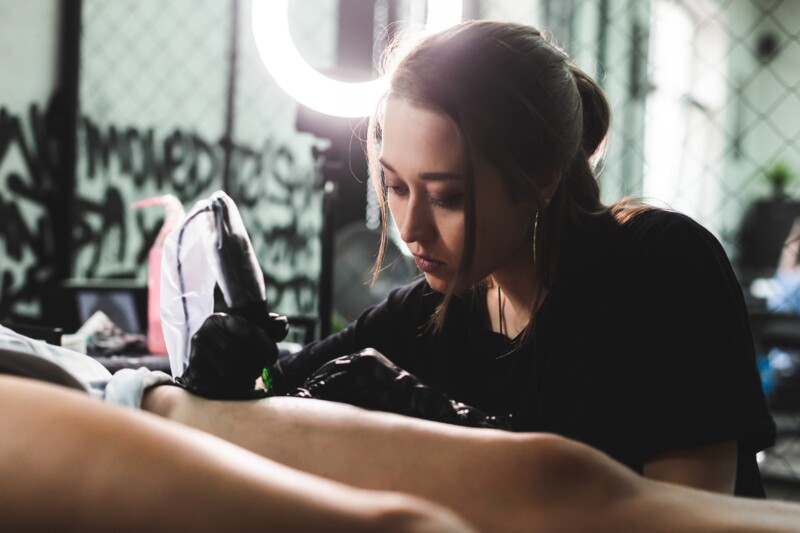
What Most Artists and Shop Owners Miss
Here’s a common misconception: that a shop’s insurance automatically covers every artist who works there. Spoiler alert: it doesn’t.
Especially if those artists are independent contractors (which most are). General liability policies often exclude coverage for 1099 workers, leaving both the shop and the artist exposed.
So, what’s the right move? As a shop owner, you’ve got two main options:
Cover All Artists Under Your Policy – You can list each artist on your shop’s insurance policy. It keeps things centralized and simple. But there’s a catch—if someone isn’t named, they’re not covered. One oversight could cost you.
Require Artists to Carry Their Own Policies – This is usually the safer bet. Each artist gets their own coverage and lists your shop as an additional insured. That way, if a claim is filed against their work, you’re protected too—and the lines between your business and theirs stay crystal clear.
This is why more shop owners are recommending (or requiring) that their artists secure individual policies from providers that specialize in tattoo risk. Again, the key is finding a partner who knows this space—someone who won’t lump tattoo artists in with beauty techs and call it a day.
Risk Management Is Non-Negotiable
Tattooing is a business, and like any business, risk management is essential.
Think about it—would you drive without car insurance? The same logic applies here. Without proper coverage, you’re leaving yourself vulnerable. Even if insurance feels like an extra expense, one accident, infection claim, or disaster could put your entire business at risk.
It’s better to have insurance and not need it than to need it and not have it. Insurance isn’t flashy—but neither is paying out of pocket for a lawsuit or shutting down because you couldn’t bounce back from a loss.
Fortunately, we’re starting to see insurance providers evolve alongside the industry. Companies like InkShopGuard have emerged not just to sell policies, but to actually support artists with real-world solutions. Their team may not all be artists, but they’ve spent time in studios, understand the level of professionalism in the craft, and it shows in the way they write their policies.
They’re not here to judge the art—they’re here to protect it.
Get covered with InkShopGuard.
Editor's Picks
Bridging Classical Art and Modern Tattooing
Esteban Rodriguez brings the discipline of classical fine art to the living canvas of skin, creating hyper-realistic tattoos that merge technical mastery with emotional depth.
Show Your Ink Fashions Brings Custom Style to Tattoo Culture
Show Your Ink Fashions creates custom shirts designed to showcase your tattoos as wearable art, blending fashion with personal expression.
The Ultimate “Superman” Tattoo Roundup: Just in Time for Superman’s Return to Screens
With Superman’s big return to theaters, fans are revisiting some of the most iconic ink inspired by the Man of Steel.

